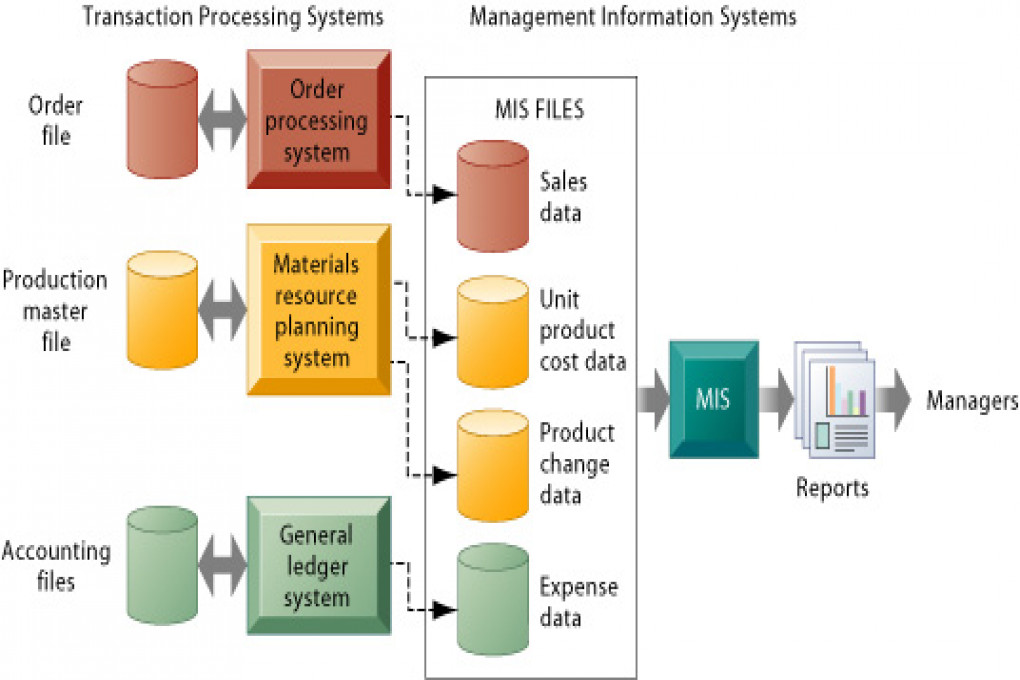
We develop custom-made Information Management Systems or MIS in humanitarian and develop sectors that can provide reports in custom formats that are most appropriate for their specific use. The activities and outcomes and analyzing this information to determine the effectiveness of interventions. Here are some examples of how MIS systems are used in the context of humanitarian and development work:
Monitoring and evaluation: MIS systems are used to monitor and evaluate the impact of humanitarian and development programs. This involves collecting data on program activities and outcomes and analyzing this information to determine the effectiveness of interventions.
Resource management: MIS systems help organizations to manage resources such as funds, equipment, and personnel. This involves tracking resource allocation, monitoring resource utilization, and ensuring that resources are used effectively and efficiently.Reporting: MIS systems are used to generate reports on program activities and outcomes. These reports are used to communicate progress to stakeholders such as donors, government agencies, and the communities being served.
Coordination: MIS systems facilitate coordination and collaboration between organizations involved in humanitarian and development work. This involves sharing information and resources, coordinating activities, and avoiding duplication of effort.
Risk management: MIS systems are used to identify and manage risks associated with humanitarian and development programs. This involves monitoring and assessing risks, implementing risk mitigation strategies, and reporting on risk management activities.
We deliver full-scale reports and dashboard customization to help organizations to get a multi-dimensional perspective of comprehensive data sets. We design, build, and deploy Dashboards to make them a feature-packed tool for your organization’s needs. Receiving interactive reports offers a clear data visualization that enables you to make informed decisions. The enhanced performance analysis accelerates organizational decision-making.
In summary, MIS systems play a critical role in the success of humanitarian and development programs. By collecting, storing, analyzing, and sharing information, MIS systems help organizations to make informed decisions, manage resources effectively, and achieve their goals.












